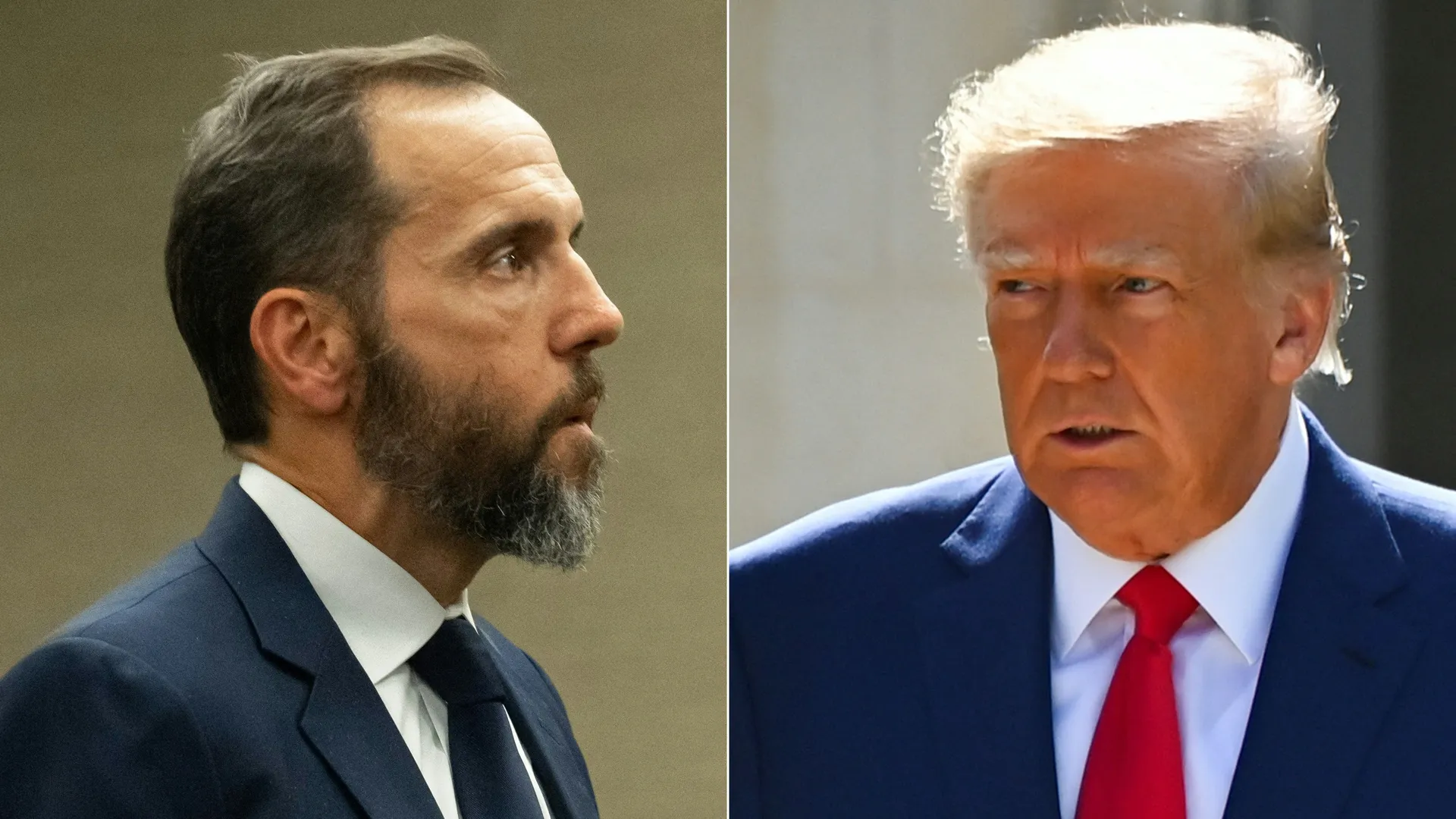
President Trump has been charged with new offenses for his interference in the 2020 election
New charges have been filed by US prosecutors against Trump for alleged interference in the 2020 election, with an emphasis on his status as a political candidate.
In connection with his alleged efforts to interfere in the 2020 election, in which he was defeated by Joe Biden, US prosecutors have filed new charges against former President Donald Trump.
These allegations are in response to a recent US Supreme Court decision that provides presidents with extensive immunity from criminal prosecution for official acts performed while in office.
The revised indictment retains the same four criminal counts against Trump, but it restructures them to emphasize his status as a political candidate rather than an incumbent president.
The original four charges—conspiracy to defraud the United States, conspiracy to obstruct an official proceeding, attempting to obstruct an official proceeding, and conspiracy against rights—are maintained in the new indictment, which was filed by Department of Justice Special Counsel Jack Smith.
The election interference allegations are still being denied by Trump, who has pleaded not guilty to all charges. Additionally, he continues to maintain his assertion of pervasive voter fraud in the 2020 election, despite the lack of evidence.
In a post on Truth Social, Trump referred to the new indictment as “an attempt to revive a ‘dead’ Witch Hunt” and urged for its urgent dismissal. Todd Blanche, his personal counsel, forwarded inquiries to the Trump campaign, which declined to respond.
The new allegations were not unexpected to a source close to Trump’s legal team, who stated, “This is what the government is supposed to do based on what the Supreme Court did.” However, the source reiterated the belief that the case is flawed and should be dismissed.
The language of the allegations has been reworked to align with the Supreme Court’s judgment on presidential immunity, resulting in a revised indictment that is now 36 pages long (down from 45). For instance, the court has ruled that Trump’s directives to Justice Department officials were not unlawful, so the allegations that he exerted pressure on them to reverse his defeat are no longer included. The update was justified by the special counsel’s office as a necessary measure to adhere to the Supreme Court’s decision.
The new allegations contend that Trump attempted to influence the election results as a private citizen, rather than as president. The key factor cited in the indictment is his personal interest as a candidate in being declared the victor of the election. The document also refines other allegations, such as those concerning a lawsuit his campaign filed in Georgia, which is now referred to as being in his capacity as a presidential candidate.
An apparent removal of charges against Jeffrey Clark, a former Justice Department official implicated in the so-called fake electors scheme, is a significant development in the new indictment. This scheme allegedly aimed to disrupt the Electoral College process by replacing legitimate electors with falsified ones in states that Biden won.
The revised indictment maintains the validity of numerous critical allegations, such as Trump’s attempt to impede Biden’s election certification by persuading then-Vice President Mike Pence.
The Supreme Court’s ruling suggested that conversations between Trump and Pence are likely classified as official acts. Chief Justice John Roberts stated that Trump is “presumptively immune from prosecution.” Nevertheless, the manner in which this presumption could be refuted in court is still uncertain.
Daniel Charles Richman, a constitutional law expert at Columbia Law School, observed that the new indictment implies that the case against Trump could continue despite the Supreme Court’s ruling; however, it is uncertain whether it aligns with the court’s framework on presidential immunity. Furthermore, Richman noted that the new indictment may not expedite the case, and it is uncertain whether it will be heard prior to the next election.
Trump’s legal team is anticipated to request additional time to prepare as the case progresses, which could potentially delay the commencement of the trial if the judge grants the request. Special Counsel Jack Smith, who was appointed by Attorney General Merrick Garland in 2022, is responsible for overseeing two federal investigations, including this one. Trump is accused of transporting classified documents to his Florida residence following his departure from office in the second investigation.
All Categories
Recent Posts
Tags
+13162306000
zoneyetu@yahoo.com



